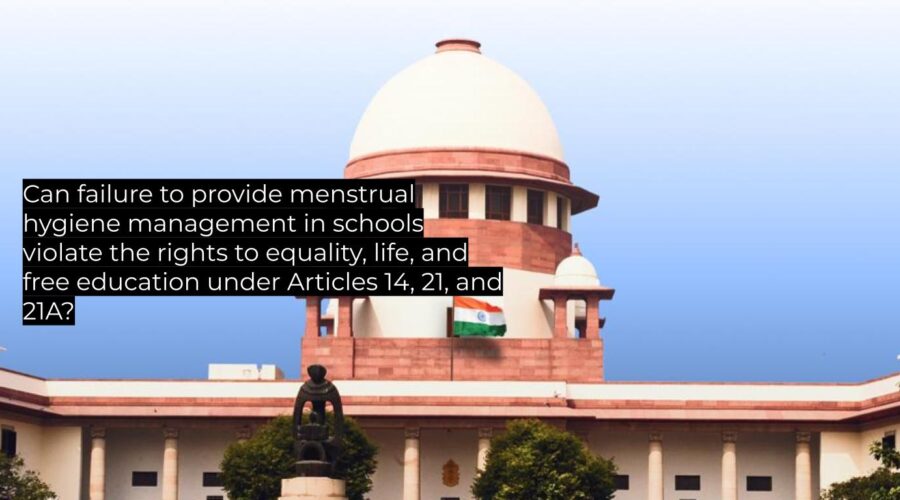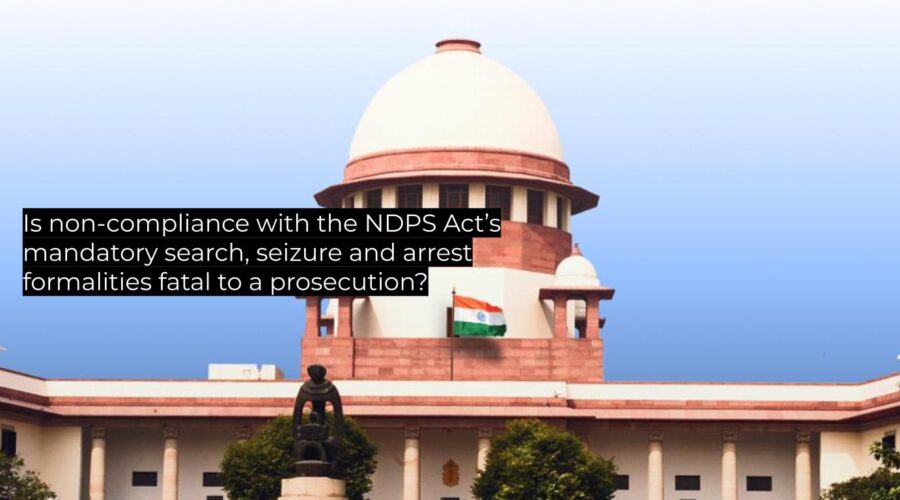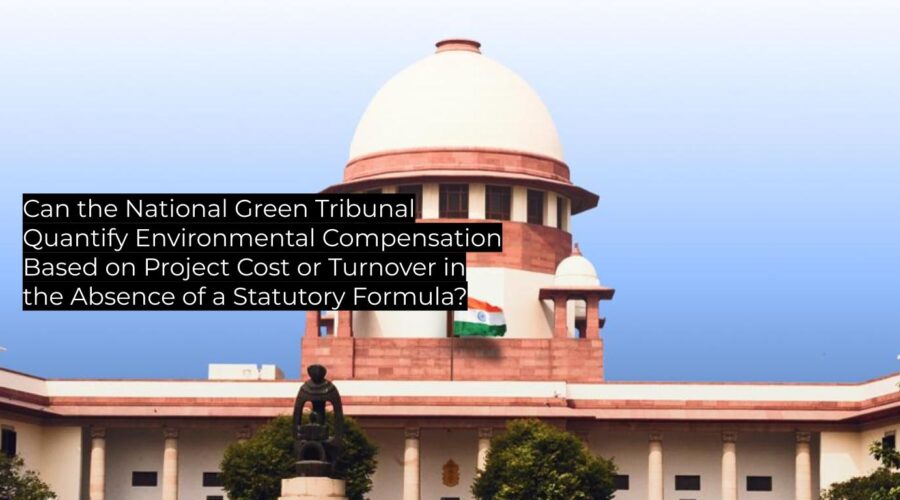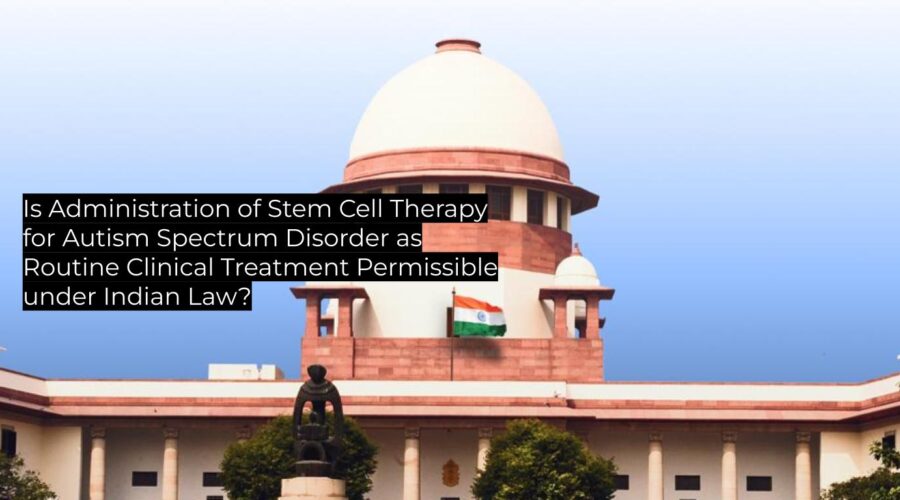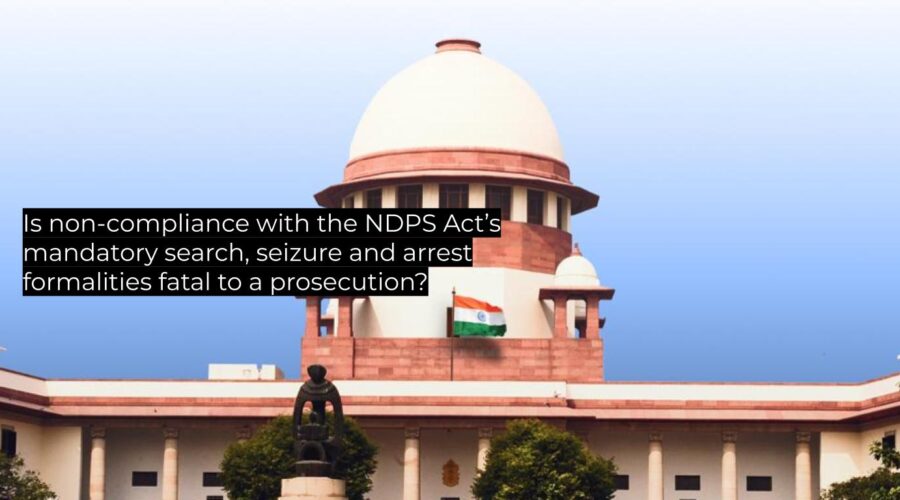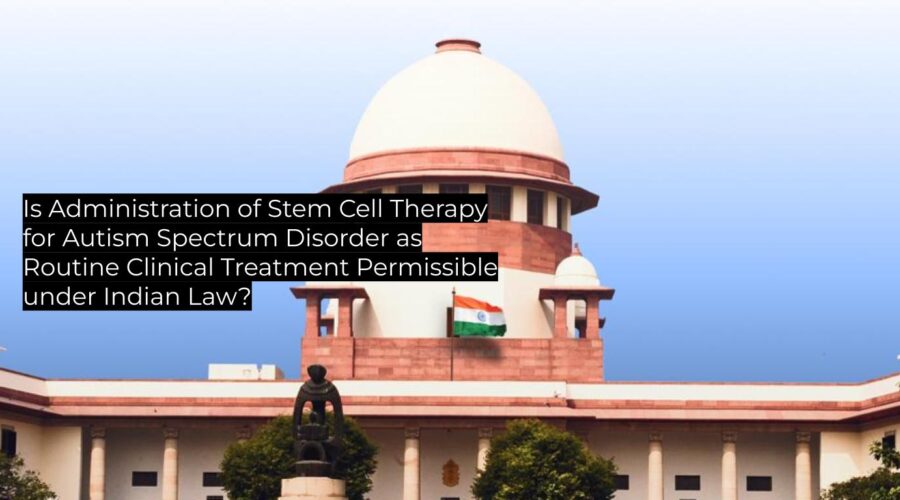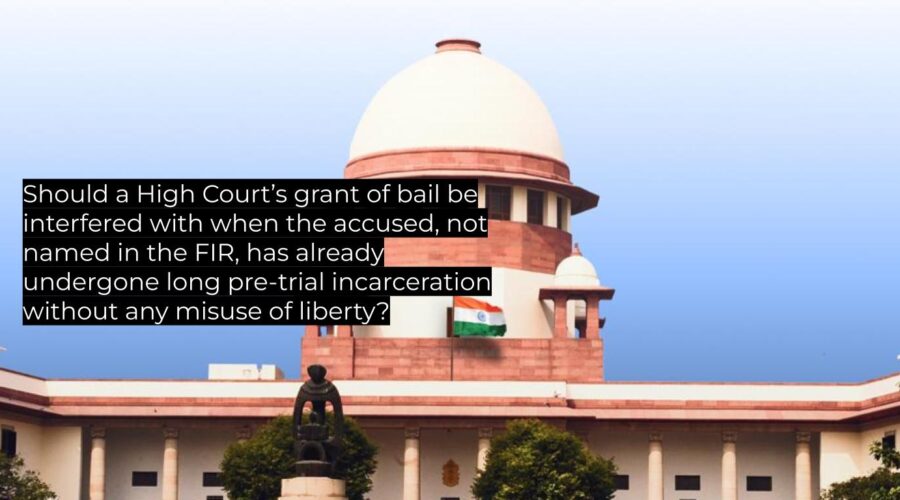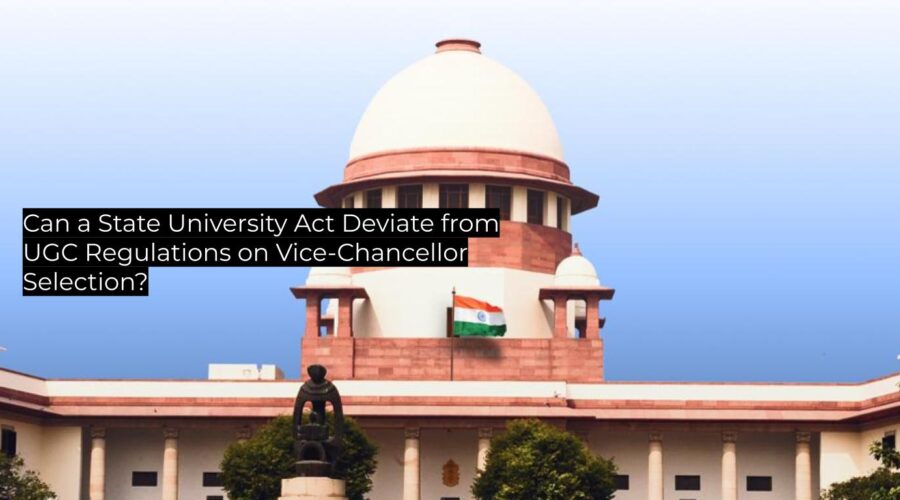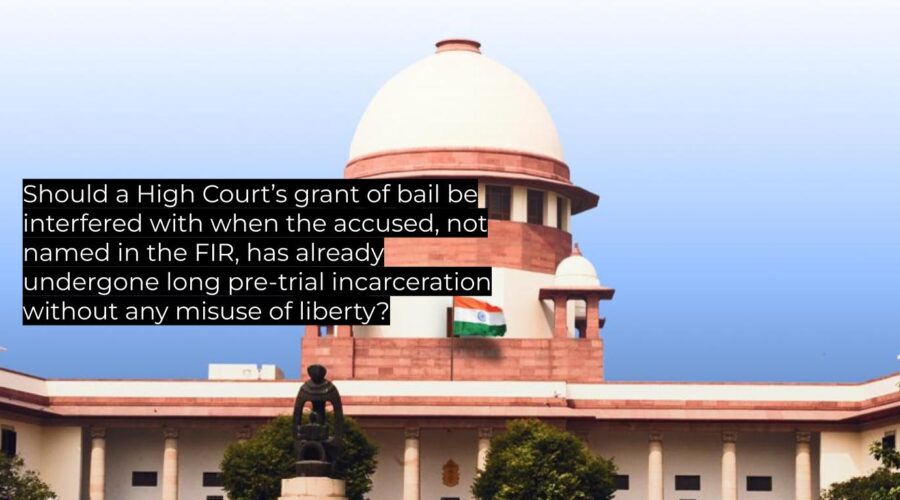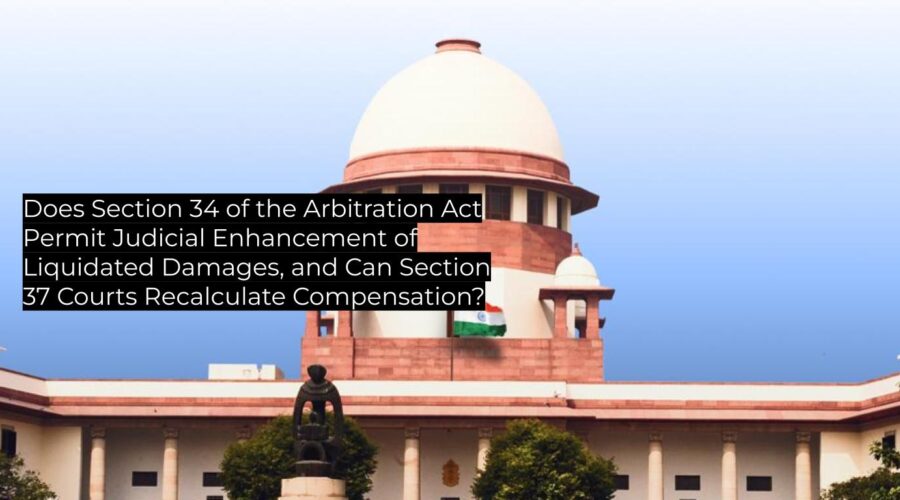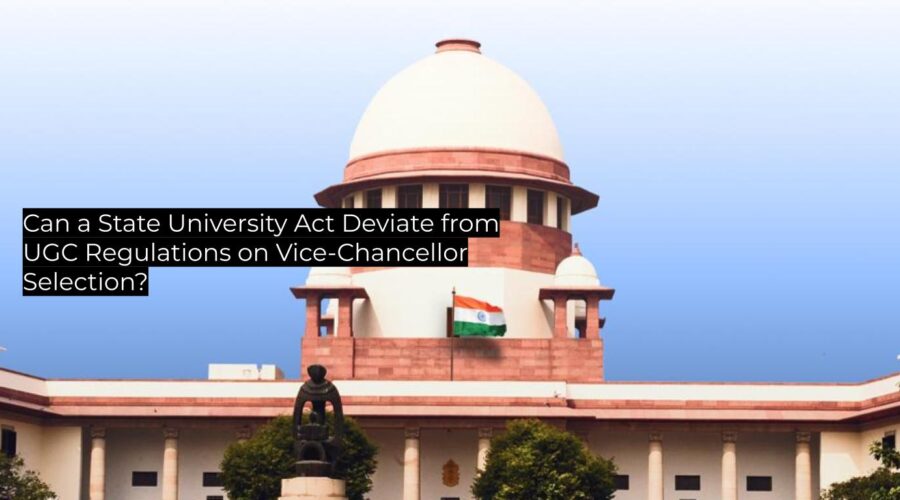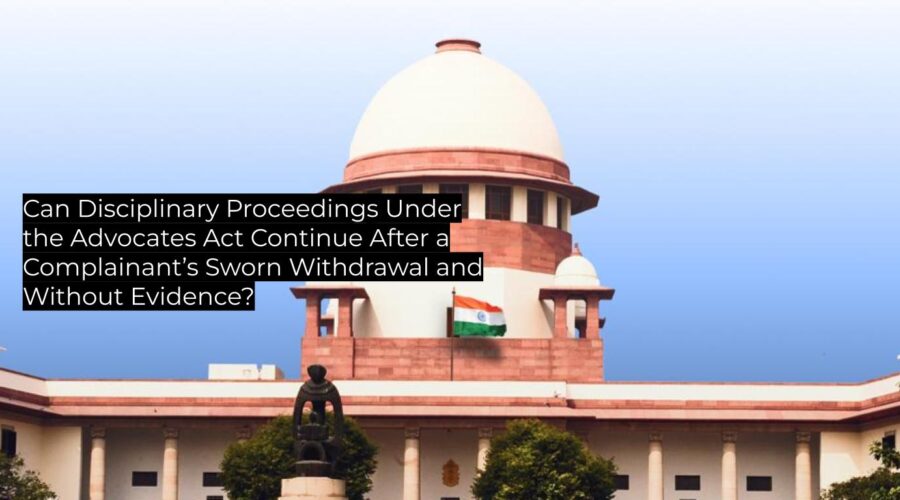Can failure to provide menstrual hygiene management in schools violate the rights to equality, life, and free education under Articles 14, 21, and 21A?
Summary Category Data Court Supreme Court of India Case Number W.P.(C) No.-001000 – 2022 Diary Number 35023/2022 Judge Name HON’BLE MR. JUSTICE J.B. PARDIWALA Bench J.B. PARDIWALA & R. MAHADEVAN, JJ. Precedent Value Binding authority Overrules / Affirms Affirms existing precedent Type of Law Constitutional law; Right to Education Questions of Law Does unavailability […]


